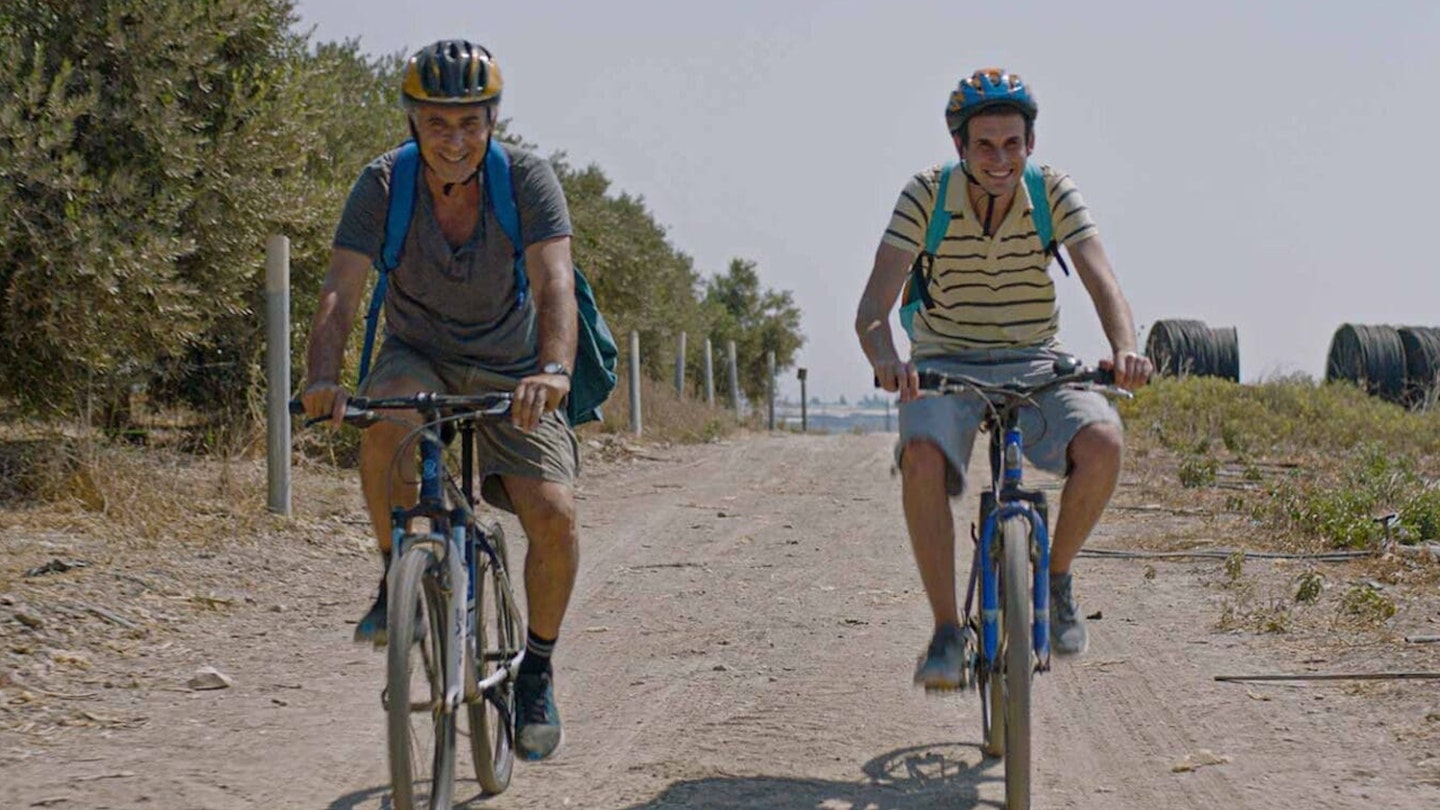Israeli filmmaker Nir Bergman’s beautifully played two-hander is a father-son story with a twist, a warm, multi-faceted look at how autism plays into parent-child bonds in both good and bad ways. It might not reinvent the wheel cinematically but, tackling its subject with sensitivity and insight, it’s a textured depiction of a co-dependence told without a shred of sentimentality that builds to a moving last act.
The set-up, sketched without on-the-nose exposition, centres on dad Aharon (Shai Avivi) and his young adult son Uri (Noah Imber). Aharon, separated from wife Tamara (Smadi Wolfman), has given up a lucrative career as a graphic designer to become a full-time carer for Uri, who is on the autism spectrum (it is never explicitly spelled out). Uri’s life is marked by unbreakable routines: watching Charlie Chaplin on a portable DVD player; eating only pasta stars; not stepping on the lines in the pavement. The conflict comes when Tamara, realising that at some point Uri will need to fend for himself, enrols him in an assisted living facility. Although Uri is scared and reluctant to go, it is Aharon who cannot sanction the move and, convinced he is best placed to raise his son, the pair go on the run.
It’s in the performances that the film grabs you.
This road — well, mostly train — trip is not heightened for comedy yuks or schmaltzy father-son moments. Drawing inspiration from her own family, screenwriter Dana Idisis crafts an understated connection, keenly observing the realities of dealing with an autistic child, be it through the novel coping strategies employed to make life manageable, or the need to stay quiet as a taxi driver spews out Rain Man-esque assumptions, or passers-by react as Uri has a full-on wailing-and-flailing meltdown on a train platform.
Bergman’s filmmaking is no-thrills and observational. But it’s in the performances that the film grabs you. Imber pays Uri as a rounded person, not just someone with a disability, and Avivi is superb as a patient, caring father who starts to realise the limits of his love. Whether it is his low-level but constantly on-guard state of alertness —the panic in a scene where Uri goes missing is palpable — or quietly delighting in his son laughing at City Lights, he gives Here We Are heart and soul.
